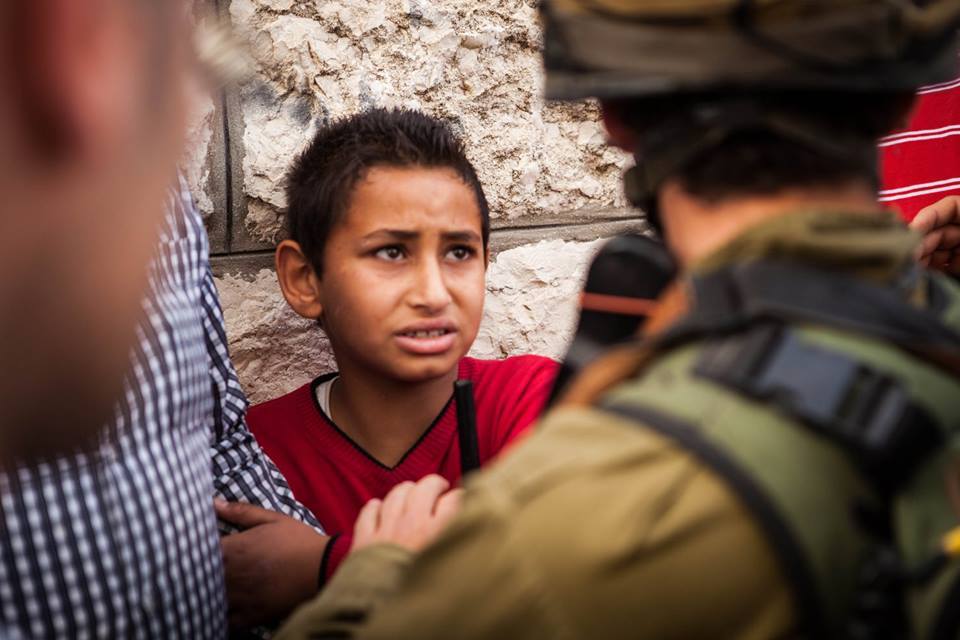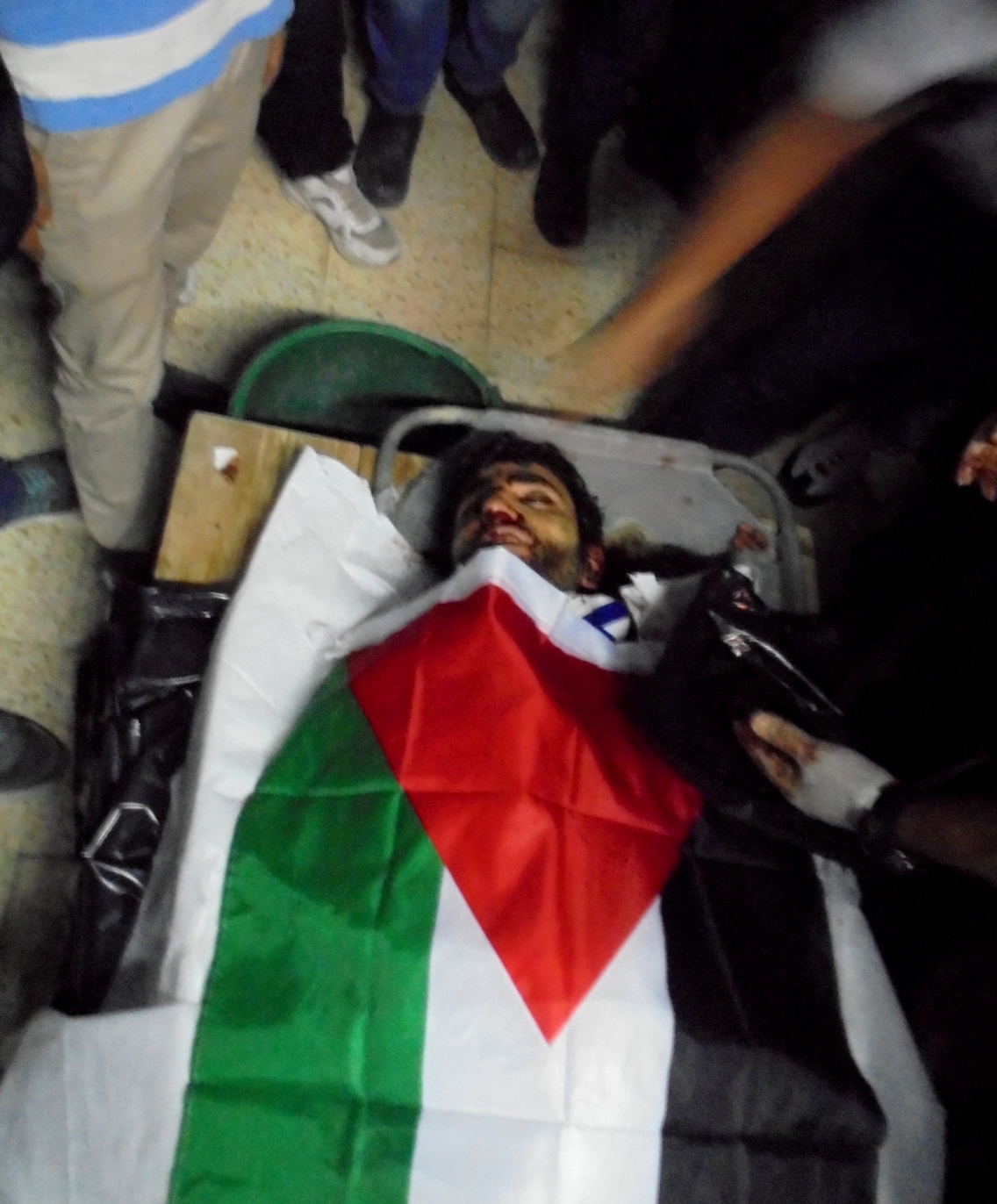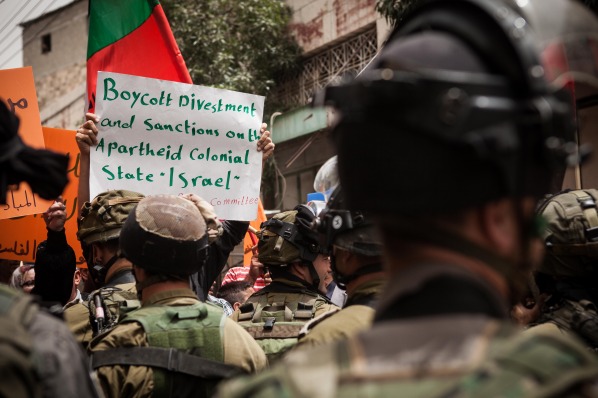Category: Reports
-
Prisoner solidarity in Hebron
7th June 2014 | International Solidarity Movement, Khalil team | Hebron, Occupied Palestine Since the Palestinian prisoners began their hunger strike, there has been a protest each week in al-Khalil (Hebron). The majority of these demonstrations have been in the H1 area (under Palestinian Authority civil and security control), not directly against the Israeli military. However, On…
-

VIDEO: One month for schoolchildren in Hebron: stun grenades, tear gas, and detentions
5th June 2014 | International Solidarity Movement, Khalil Team | Hebron, Occupied Palestine For children in al-Khalil (Hebron), the journey to school can be filled with fear, fear of Israeli soldiers, of military weapons, detentions, and arrests. The violence is all too real in this city, and it is unfortunately not an uncommon experience for children, some as young…
-

Palestinian murdered by Israeli forces in Huwarra
4th June 2014 | International Solidarity Movement, Nablus team | Huwwara, Occupied Palestine In the late hours of Monday evening, Israeli forces executed 30-year-old, father of two, Alaa’ Mohammed ‘Awadh, at Za’tara checkpoint, in southern Nablus. The Israeli army claimed that a Palestinian gunman was shot dead after he injured an Israeli police officer in the leg. The villagers of…

